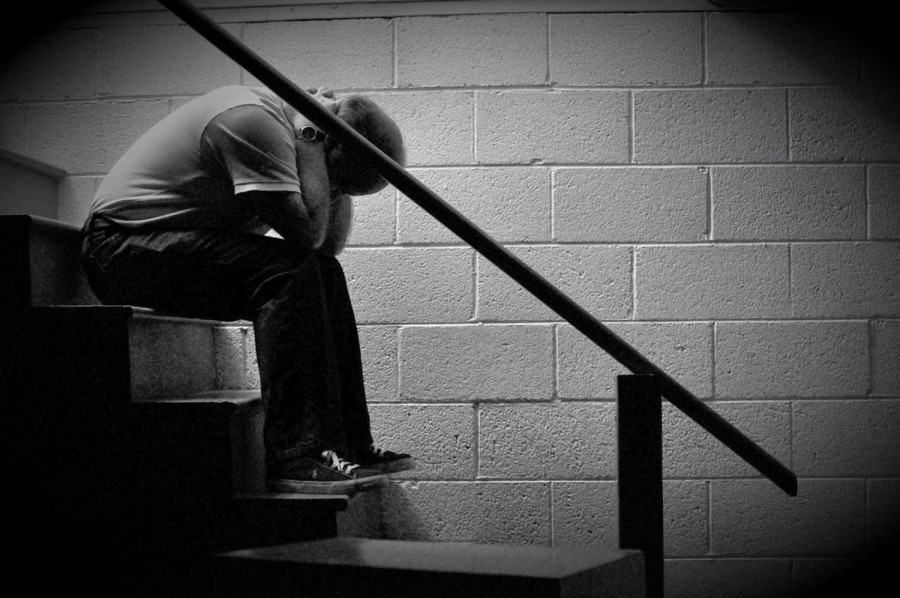The horse was uneasy and had given his handler every sign that he was upset. The big gray gelding had tried to pull away, tried to bite, and finally, reared up on his hind legs and thrust his front legs forward, connecting his front hooves with his handler, one hoof landing square in the middle of his chest, the other on his shoulder. The handler cried out in pain as he tumbled to the ground, the horse stepping on his left arm as he landed. The handler let go of the lead rope as he grasped his arm and chest in agony. The big gray horse took off running, his black mane and tail flowing freely behind him. There was no catching him now. He had quickly found his stride and was eagerly distancing himself from the man that had caused his panic. He was free of the negativity shown by his handler and was heading straight to his place of comfort – his paddock on the other side of the ranch.
It has been said that animals are a good judge of character. Many people have stated that they do not trust someone their dog doesn’t like. In this particular instance, the horse was showing good instinct and protecting himself. Animals, especially horses, have an uncanny knack for sensing when something is off. If a person is angry or upset, the horse will pick up on that energy and respond accordingly. If a person is nervous, again, the horse will pick up on that energy and begin to act nervous. And in the case of the big gray gelding, he was responding to the tumultuous emotions raging through his handler, a horseman that is a professional farrier by trade, who was displaying erratic emotions brought on by an evening spent doing meth and drinking alcohol until the sun shown in the sky and it was time to start a new day trimming horses.
This particular horseman struggled with substance abuse for years before hitting rock bottom. He had lost good paying jobs with several clients, hurt two horses badly by trimming their feet too short, spent several nights drinking and sleeping in a horse stall because his wife kicked him out of the house, and even had his truck repossessed because he had spent his money on meth instead of making his payments. He was put in handcuffs and hauled off to jail while working on a horse at the local race track because he failed to pay a fine and a warrant had been issued for his arrest.
Despite all of these circumstances, he had been in denial and would become angry when confronted about it. He was a proud man and had a good reputation within the equine industry, or so he thought. His reputation had dwindled in recent years and few people were willing to let him work on their horses. It took the incident with the big gray horse for him to realize that seeking help was vital for his survival. It was when he was recovering from surgery for a fractured arm and dealing with the excruciating pain of 4 cracked ribs that he realized he was a danger to himself and others and that he needed help. As his wife sat at his bedside, begging him to seek help, he realized it was time to stop hurting others and to stop placing himself and other beings in danger. It was time to take control of the addiction instead of allowing the addiction to control him and his life.
In this instance, the horseman had been too proud to admit he had a problem. During treatment, he realized he had not been honest with himself or the people around him. He also realized he had jeopardized the safety of many people around him by working with horses when he was high. He had also displayed abusive behavior towards some of the horses, and in turn, the horses returned the erratic behavior and tried to strike out as a means to protect themselves.
It has taken time and treatment, but today this horseman is sober and he is slowly gaining back the trust of his clients. He is also able to work harmoniously with horses because he is patient and kind with them. If he is upset about something, he takes a few minutes to gather himself before approaching a horse.
There is no shame in seeking treatment and confronting addiction head on. No matter your profession or circumstances, treatment helps and improves lives. Control the addiction. Don’t allow it to control you.







